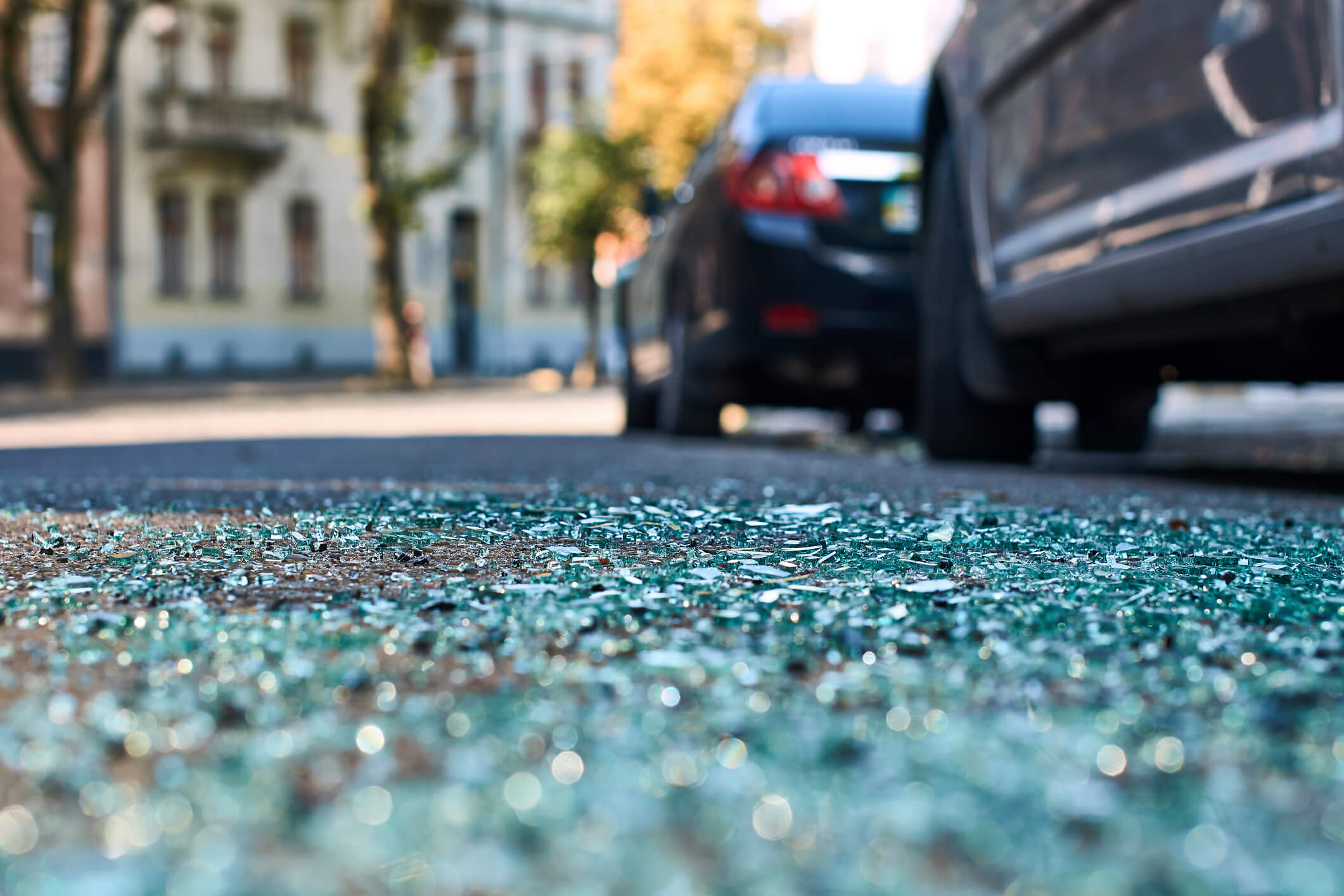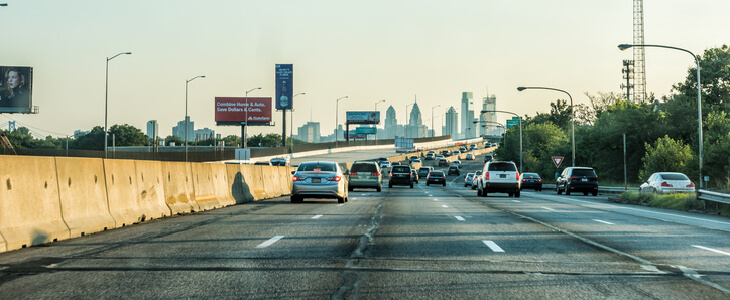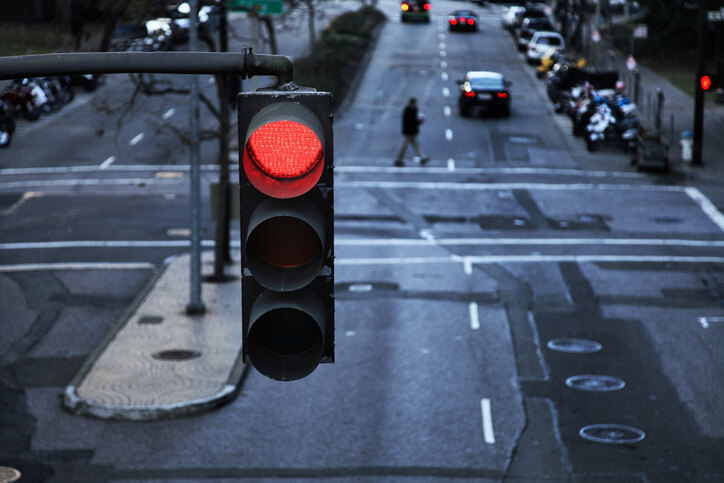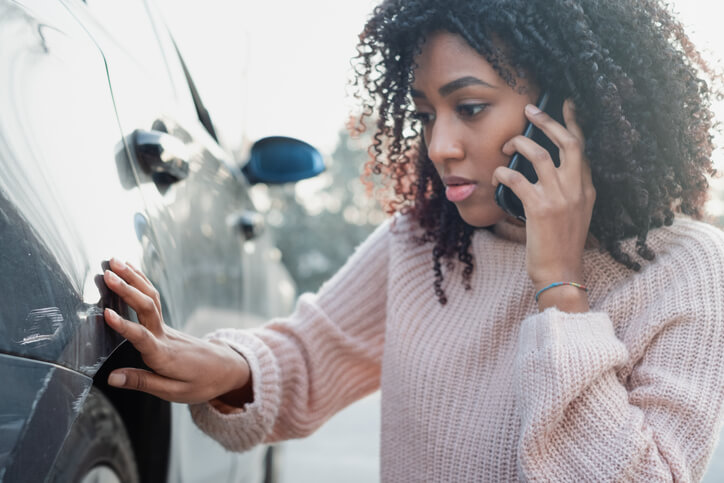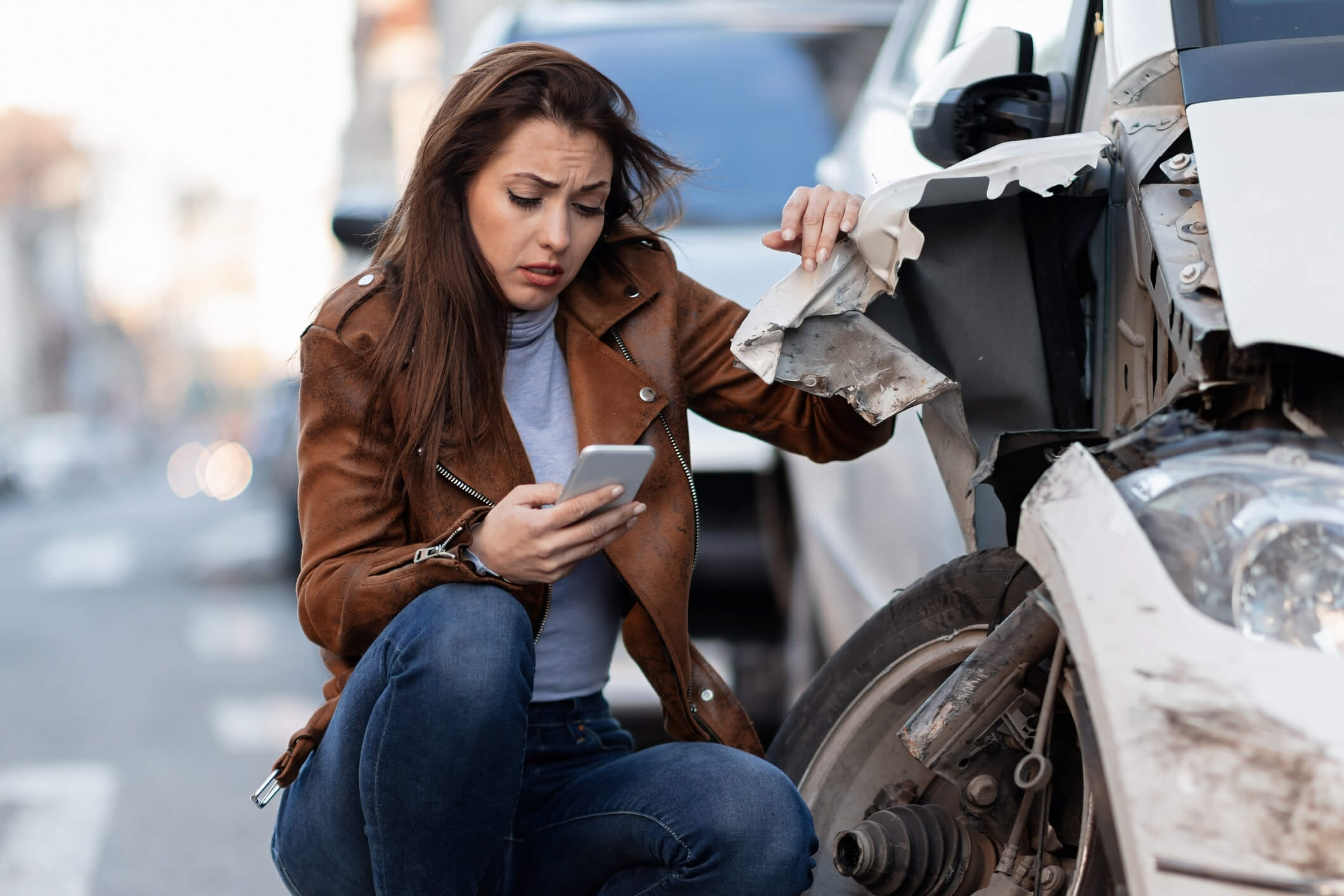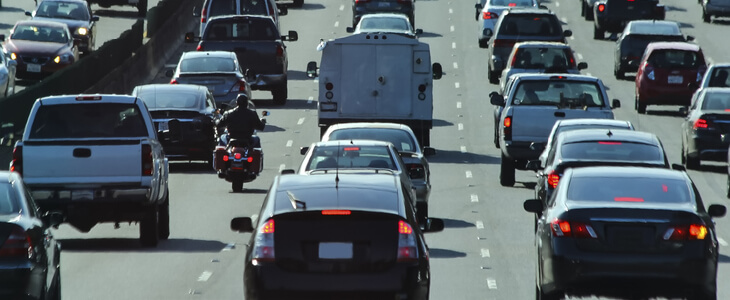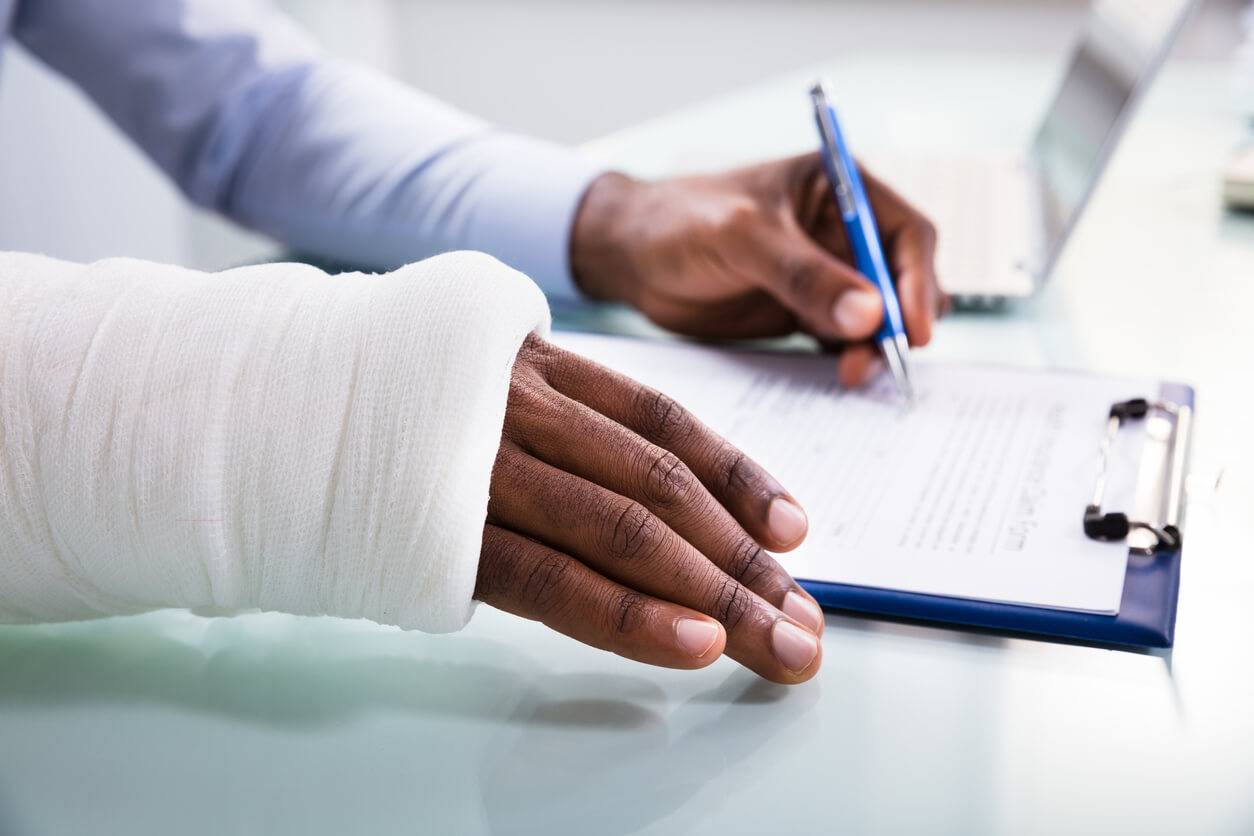It can be a whirlwind of events after being injured in a car accident. Your car may be damaged beyond repair, requiring the purchase of a new car. You will need to get medical attention and consistent follow-up care for your injuries. There will be insurance companies calling and questions to answer. It can all feel like too much. On top of all of this, there are the mounting expenses and missed wages following a car accident that can be the proverbial straw that broke the camel’s back. If you were injured in an accident caused by someone else’s negligence, the law allows you to seek compensation from that person for harm you have suffered as a result of their negligence. So, who can be held liable after a car accident?
Who Can Be Held Liable After a Car Accident?
What do we mean when we say, “Who can be held liable after a car accident?” Well, what this question is really asking is who can be held responsible for the damages caused by a car accident and, thus, who can be made to pay for those damages in order to compensate the injury victims of the accident. Who can be held liable after a car accident centers around whose negligence caused or contributed to causing the accident.
Negligence is a legal term meaning that a person breached a duty of care owed to another person and that breach caused the other person to sustain damages. We all owe each other a duty of care when we are sharing the road. So, if someone violates traffic laws or drives in a reckless way, then it could be said that they are being negligent. If their negligent driving behaviors caused an accident that resulted in injury and harm suffered by someone else, then they can be held liable after a car accident.
In a car accident, there a variety of people that could be held liable depending on the circumstances. Oftentimes, it is a driver of another vehicle that caused the crash and, therefore, would be held liable. Other times, it may be a dangerous road condition, such as a road in disrepair, that caused the accident and, in these cases, the city or local government may be held liable. In other cases, a defect in a vehicle may have caused an accident and the car manufacturer or designer may be held liable.
Who can be held liable after a car accident? This can be answered by pinpointing who was at fault in causing the accident. In most cases, of course, it is the insurance company for the at fault party who will end up compensating the accident victims. Be prepared for this. Insurance companies will use the full force of their often vast resources to try and fight paying out in full or in part on an accident claim. Questioning who is liable for the accident is one of their favorite tactics to utilize.
Philadelphia Personal Injury Attorneys
If you have been injured in a car accident, the dedicated personal injury team at Cooper, Schall & Levy is here to help. Contact us today.

